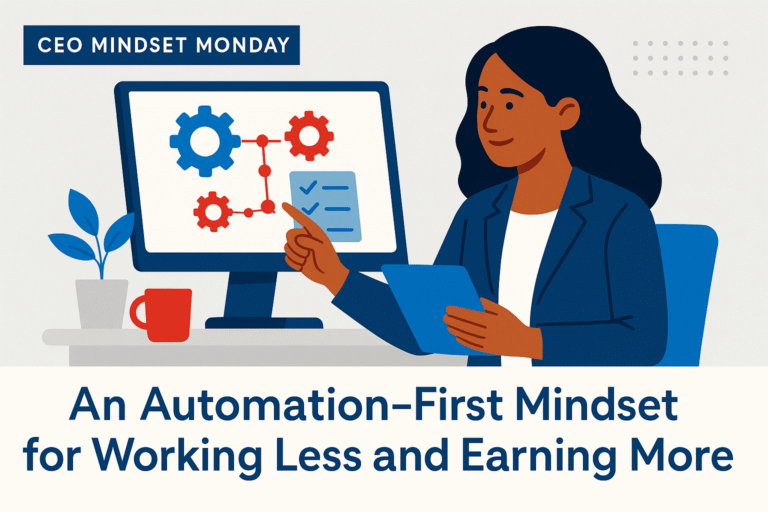Tips on Avoiding a Conflict of Interest When Starting a Business

The financial world isn’t the only industry that has strict policies. Individuals can find themselves putting their employment in jeopardy, lose their licenses or even face hefty fines or jail time for participating in activities which constitute conflicts of interest. Some companies are not as strict or may even lack conflict of interest policies. Still, it’s important to be aware of potential conflicts of interests and take appropriate steps to avoid them.
Awareness

Transparency

If you plan to start a side business, consider approaching your employer with the idea. Even if your side business has nothing to do with your “day job,” your employer may have concerns. For example, will your new business interfere with your current work duties? After all, your employer hired you for a specific job. If you’re unable to perform your job duties, you may lessen your value to your employer.
Perhaps your job does represent a conflict of interest to your current job duties. Again, your employer will likely want to address those conflicts. Identify what parts of your new business may create a conflict of interest with your employer. Perhaps you and your employer can come up with ideas and specific guidelines to avoid conflicts of interest, while allowing you to continue pursuing your business project.
Poaching Business and Other No-Nos

Other conflicts of interest may include soliciting business from clients. When a client comes to your employed place of business looking for services, it is not your place to offer them your side services. Your employed place of business is not your customer base. Rather, it’s your employees customer base. When you’re working for your employer, do the job you’re paid to do. Don’t look for opportunities to scalp customers.
Final Thoughts
Though there are many gray areas when it comes to having a conflict of interest. The least you can do is ask yourself… Will the activities I plan to do with my new business hurt my employer or jeopardize my employer’s business?[fusion_separator style_type=”shadow” hide_on_mobile=”small-visibility,medium-visibility,large-visibility” class=”” id=”” sep_color=”” top_margin=”” bottom_margin=”” border_size=”” icon=”” icon_circle=”” icon_circle_color=”” width=”” alignment=”center”][/fusion_separator]








Great post on conflict of interest when starting a business.
Poaching is indeed a bad thing especially when you complete brand new start up.
But on a honest note… these practices are happening all the time even with major fortune 500 companies. Its just a matter of being as ethical as possible.
great work.
Nelson
I agree, Nelson. Poaching happens all the time. I’ve known of several individuals who’ve “stolen” customers from their previous companies. I’ve also know business owners who’ve been the victim.
Sometimes, it’s inevitable that customers will follow the person they’ve been working with. One day they call, looking for said person, and learn the person has left the company.
Like you said, it’s a matter of being ethical. What face are you planning on putting on for the customers.
Good post and definitely worth considering when you are starting a business while still being an employee in another business. It would be very tempting for the budding entrepreneur to try and poach customers that are coming into their workplace when first starting out as they want to get a head start. But that would be a very slippery slope, plus they would not get the satisfaction or knowledge on how to generate their own leads off their own back.
You make a great point, Liz. Being able to generate your own customer base is an important part of continuing to sustain and grow a business. Regardless of how great you are at doing the job you’re hired to do, there will be some attrition. Without new customers and clients, a business will slowly (or quickly) fade into non-existence.